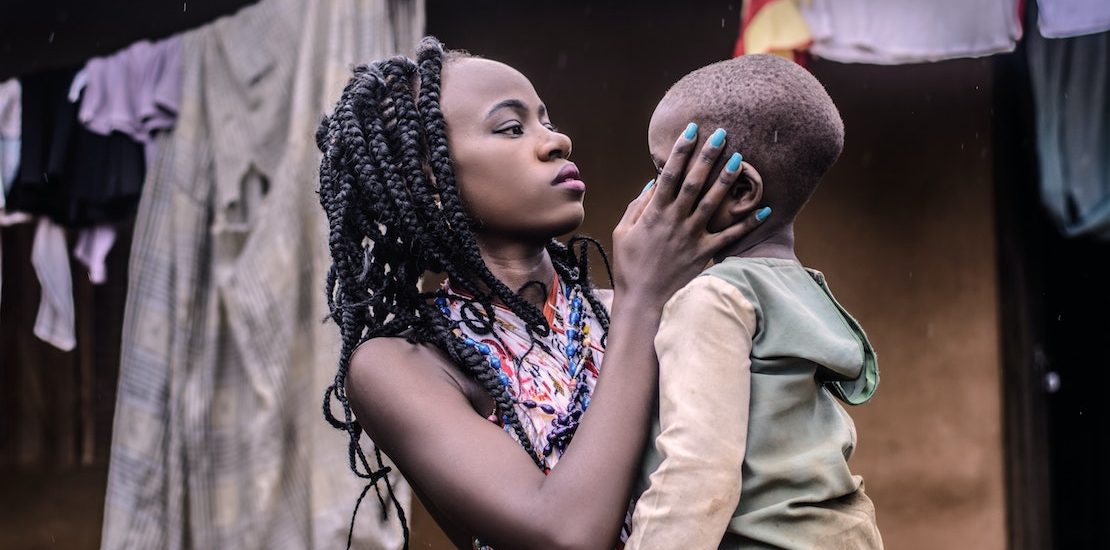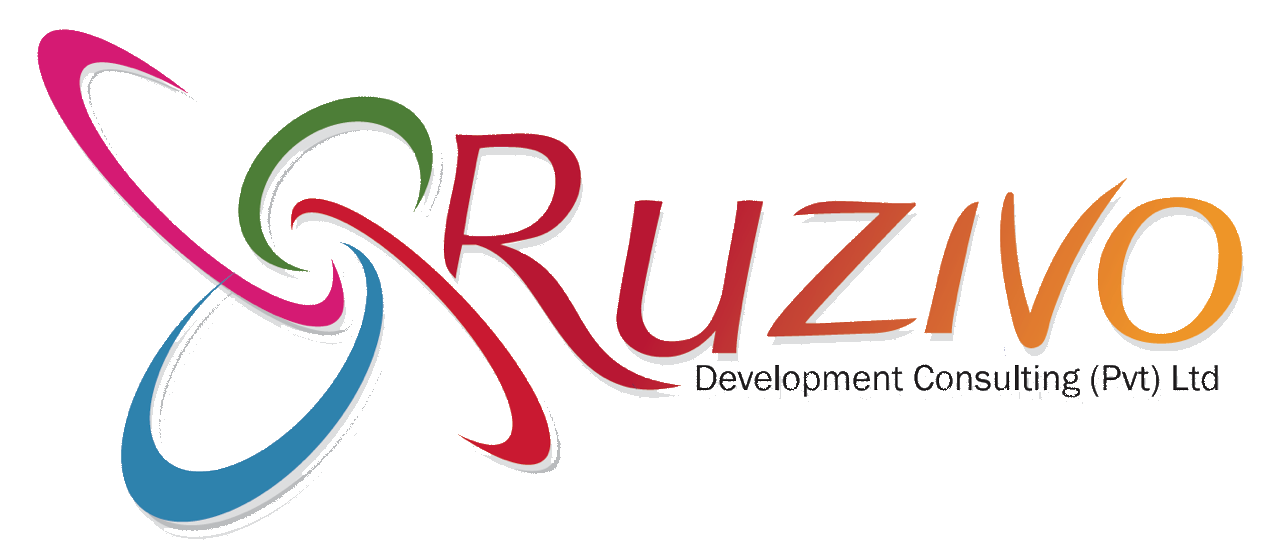- January 12, 2021
- Posted by: ruzivo_admin
- Categories: Consulting, Development

Exploring medical humanities in Africa:The opportunities, intersections and lessons from an anthropologist studying HIV prevention and medical male circumcision in Zimbabwe.
Medical humanities in Africa is such a welcome “movement” in any shape and form because it provides scholars in the proverbial South an opportunity to contribute their voices in an arena dominated by medical science perspectives. Medical humanities (in Africa) is important at this juncture because it gives the chance to examine (historical and present) the how medicine and health have been taught, practiced and implemented in Africa. Africa is usually used loosely, and I indeed use it deliberately in a very intentional manner to drive home the point that there is no defined medical humanities in Africa or the South because perspectives are dominated by those from the north. The examination of this very political process within medicine and health in Africa dictates (or rather demands) that we embrace other disciplines, paradigms and perspectives to both illuminate and expose the judgmental and often demeaning manner that health issues have been viewed and addressed in Africa. For those in Africa, medical humanities should in my view demand and assume the existence of multiple viewpoints, discourses, disciplines, contexts and concepts to the subject of health and medicine.
My contribution to this journey of defining and charting the course and direction of medical humanities in Africa (….yes the whole of Africa…..) is through my study of HIV prevention and Voluntary Medical Male Circumcision (VMMC) in Zimbabwe from an anthropological perspective. Given that my work is situated at the nexus of public health and Anthropology, and in a field heavily dominated by medical science, my study examines critically forms of medical interventions taken in the name of science; including those that involve considerable bodily transformation. The work examines the ways that state sanctioned (and heavily donor funded) intervention through medical circumcision makes a claim on the social, demonstrating the ways that such interventions are embedded in medical assumptions about well-being may not always sit squarely with the perspectives of the targeted candidates/beneficiaries. My work is exploring questions of masculinity and identity as they materialize in the debates about medical circumcision and thus offers the other perspective and view from those who are benefitting from the medical intervention. It is my hope that my doctoral study can make contributions not only from the perspective of beneficiaries of VMMC but also from my own perspective as a scholar from the south because my views matter too. The study of VMMC from an anthropological perspective provides a good opportunity on the importance of medical humanities in Africa. This is so because there is a need for serious and systematic cross-cultural ethnographic research on different health issues because of the over reliance by decision makers (especially in Africa) on results from studies that based on epidemiologic research designs ONLY (most of the time). Anthropology in my biased view provides the necessary depth and breath, which is needed in studying sexual behaviours for the design of HIV prevention programs in the 21st century in Africa. In my opinion this study provides an opportunity where anthropology, epidemiology and medical science can come together and explore working across diverse perspectives that transcend disciplinary boundaries.
Medical humanities in Africa needs to take an emancipatory and pan African approach that puts Africa and Africans at the centre of analysis and focus. Medical humanities needs to move beyond the idea of a single narrative (as argued elsewhere by Nolwazi Mkhanazi) within the context of health and illness and needs to promote studying upwards, sideways and downwards. Medical humanities in Africa needs to treat all disciplines with respect, accepts multiple realities and seeks to understand and interpret phenomena from multiple viewpoints. This is difficult but needs to be done. New ways of creating knowledge and thinking need to precede the whole process through a deliberate act of creating structures such as institutes, journal editorial board and think tanks populated by previously disadvantaged/underrepresented scholars.
